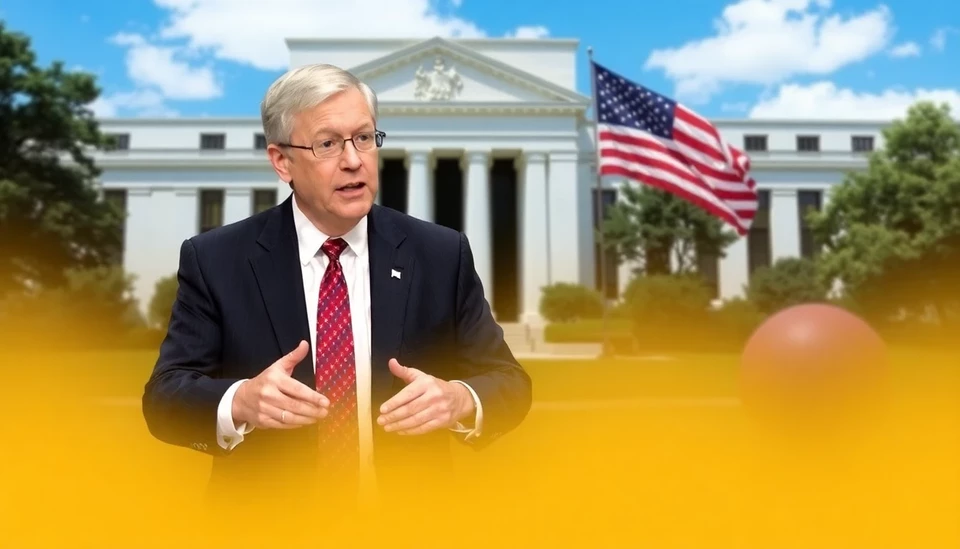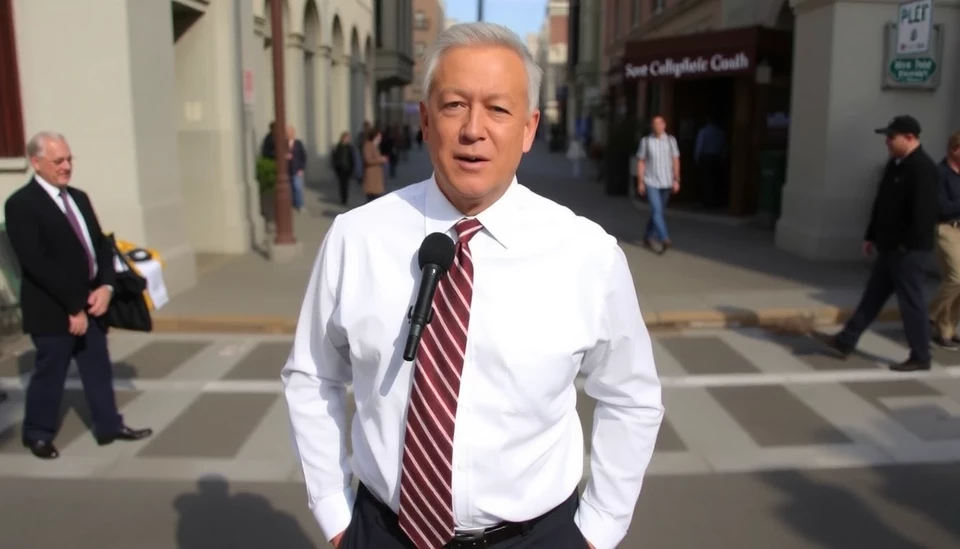
In a notable shift, small business optimism in the United States has declined after achieving its highest level since 2018, according to the latest data from the National Federation of Independent Business (NFIB). The recent index shows a decrease in the sentiment among small business owners, raising concerns about potential economic challenges ahead.
For the month of January, the NFIB's Small Business Optimism Index fell to 91.3, reflecting a decline of 2.1 points compared to December’s reading of 93.4. Although January's optimism level remains above the historical average of 98, the drop has sparked discussions regarding the factors contributing to this downward trend.
Industry experts attribute the retreat in optimism to a combination of rising inflation pressures, labor shortages, and concerns over federal regulations. Many small businesses, which are often seen as the backbone of the U.S. economy, are grappling with increased costs and supply chain disruptions that have been impacting overall profitability and operational sustainability.
The findings indicate that only a small percentage of small business owners reported plans to make new capital expenditures, a key indicator of future economic activity. Specifically, only 29% of respondents described their current plans for investments in new equipment or expansion, a decline from the previous months.
Additionally, the index showed that a record number of owners expressed concerns regarding inflation. An overwhelming 31% reported that inflation was their single most important problem, underscoring the ongoing challenges posed by higher costs of materials and services. Similarly, a considerable number of business owners cited labor shortages as an obstacle to their operations, with 48% of respondents indicating difficulties in filling open positions.
The decline in optimism is particularly significant as small businesses are often seen as indicators of broader economic health. As these enterprises adjust to ongoing difficulties, there are concerns that the dip in confidence may affect hiring and spending, which are critical drivers of economic growth.
Despite the current challenges, there is a sense of cautious optimism among some small business owners who believe that conditions could improve if inflation stabilizes and labor markets ease. However, the path forward remains uncertain as various economic indicators continue to fluctuate in the wake of surrounding global events and domestic policies.
In conclusion, while small businesses experienced a momentary surge in optimism last year, the latest data suggests a potential setback that could have ripple effects throughout the economy. Stakeholders will be watching closely for any signs of recovery as the year progresses.
#SmallBusiness #OptimismIndex #EconomicTrends #NFIB #InflationConcerns #LaborShortage #BusinessOutlook
Author: Laura Mitchell




